BHG - The vegetable brand of Quan Ba district has been built and affirmed for many years. However, the situation of growing roses in the same specialized vegetable growing areas of the district is potentially affecting the quality of vegetable products.
Effective exploitation of land and climate potential
Quan Ba is located at an altitude of 1,200 m above sea level. The climate here is mild and cool all year round, about 18 - 20 degrees Celsius; the soil is characterized by a thick layer of soil, little erosion, and fertility, which is an ideal condition for growing crops, especially vegetables.
Nguyen Chien Thuat, Head of the Department of Agriculture and Environment of Quan Ba district, said: Clearly identifying the potential for vegetable development, the district orients people to grow vegetables in specialized vegetable growing areas, linking production and consumption chains. In addition to focusing on the production of main-season vegetables (winter crop), people make the most of the potential and advantages of climate to expand the area, intensively cultivate, rotate crops and produce off-season vegetables. Thereby increasing the cultivation value on each vegetable growing area to an average of over 250 million VND/ha (over 2 crops/year), about 5-7 times higher than growing rice and corn; some areas earn 500-700 million VND/ha. Vegetable production has become a profession that helps solve employment, bringing high income to workers in many localities in the district.
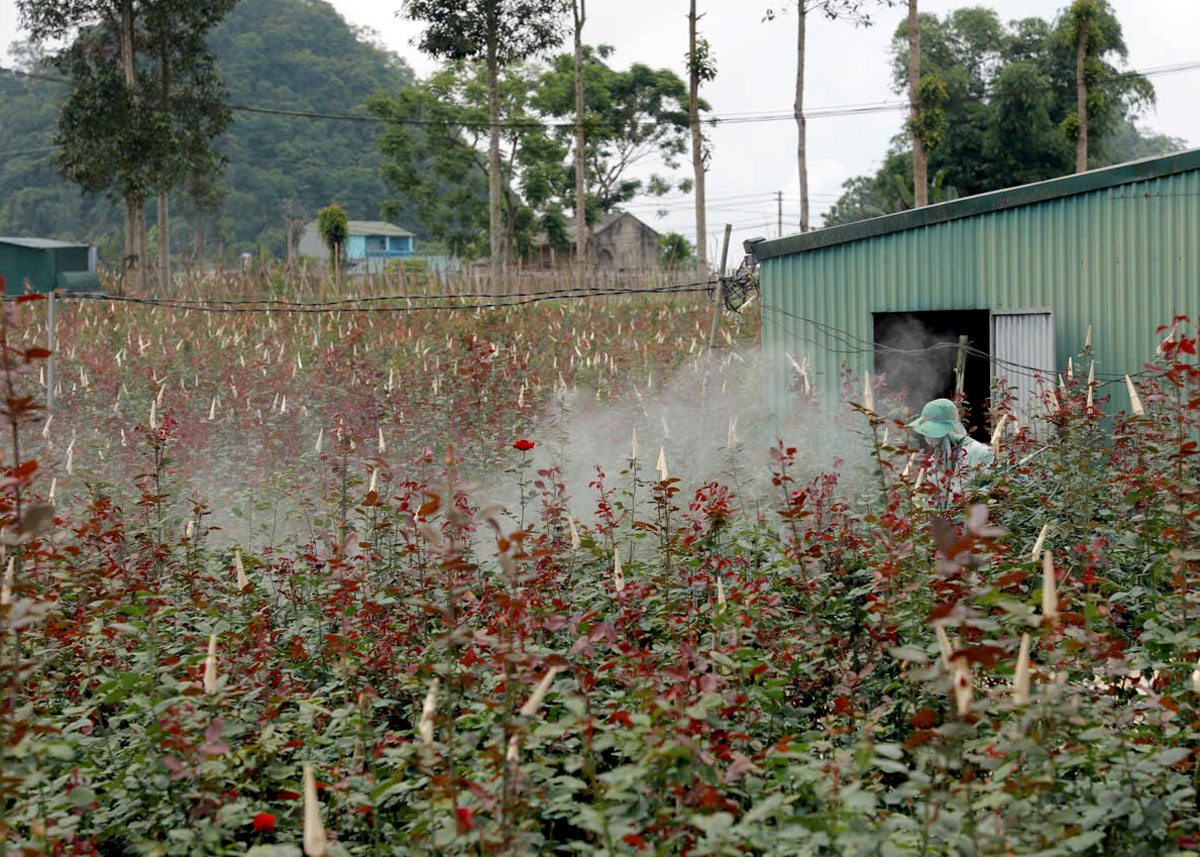 |
| The use of pesticides in rose gardens near vegetable growing areas poses a potential risk to the safety of vegetable growing areas. |
According to information from the People's Committee of Quan Ba district, in 2024, the total vegetable area of the district will reach over 2,560 hectares, of which over 180 hectares will be specialized in production, exceeding the target set by the resolution by about 130%. Some crops with high economic efficiency such as tomatoes, with an average yield of 35 tons/ha, an average selling price at the garden of 10 - 15 thousand VND/kg, an average harvest value of about 400 million VND/ha; cucumbers with a yield of 35 tons/ha, an average selling price of 8 thousand VND/kg, and a harvest value of nearly 300 million VND/ha. Each year, Quan Ba district supplies the domestic and foreign markets with over 10,000 tons of cucumbers and tomatoes, along with tens of thousands of tons of various vegetables. These two crops bring growers an average profit of over 100 million VND/ha.
After 5 years of implementing the Resolution on vegetable and flower development in the area, the area, productivity and value obtained from vegetable and flower production have all increased; in which, the specialized cultivation area has increased 3 times compared to 2020, contributing to creating jobs and increasing income for over 4,000 households, many households have an income of over 300 million VND/year, the material life of vegetable growers is getting better and better.
Need to plan separate vegetable and flower growing areas
Although there have been encouraging results in the development of the Quan Ba vegetable area, there are still many concerns about the environmental impact due to the need to expand the rose area. At the same time, up to now, the district has not formed clean agricultural production areas in the direction of organic or VietGAP and there are almost no products with traceable origins, put into consumption in supermarkets, commercial centers, etc. This shows that the development of the Quan Ba vegetable brand is not really sustainable.
Vice Chairman of Quan Ba District People's Committee Pham Ngoc Pha shared: The planning of vegetable and flower production areas must ensure that there is no overlap or encroachment, which is entangled in many regulations. To reassure people in production, in 2021, the district directed specialized agencies to inspect and determine soil and water samples in flower and vegetable growing areas to assess the level of pollution indicators. The results did not detect Arsenic (AS), Lead (Pb), Mercury (Hg) or Cadmium (Cd) in 16 samples (8 soil samples and 8 water samples) in Quyet Tien commune, Quan Ba and Tam Son town. At the same time, no residue indicators of plant protection chemicals were detected in the soil samples.
The test results are clear, flower and vegetable growers all use pesticides according to the 4 rights principle (right type, right dosage, right time, right method). However, directly witnessing and receiving feedback from people living in the area where vegetables and flowers are grown intercropped and encroaching on each other, we can see that there are many issues that need the attention and intervention of functional sectors to clarify whether or not there is an impact and how to solve the problem of ensuring food safety and quality of vegetable and flower products in Quan Ba district.
Ms. Vi Thi Yen and Mr. Lu Dung Thang, Dong Tinh village, Quyet Tien commune Share: My house is less than 20 meters from the rose garden. Every time the garden caretaker sprays pesticides, my family has to close the door but the smell is still very strong. There was a time when they sprayed 3-4 times a week, making the whole family feel headaches and dizziness. In addition, since households in the village started growing roses, my family did not dare to use surface water for cooking but had to drill a well to get water.
To form a vegetable production area that ensures organic and safe standards, the province's specialized sector needs to guide and support Quan Ba district to soon implement the planning of separate flower and vegetable production areas. The district needs to provide financial support to communes, towns and functional sectors in the work of inspecting and monitoring the quality of vegetable products when harvested and sold to the market; have regulations requiring production units associated with product consumption to self-inspecte batches when harvested and sold to ensure compliance with prescribed standards... Thereby, the Quan Ba vegetable brand will be maintained and increasingly developed sustainably.
Article and photos: Luong Ha
Source: https://baohagiang.vn/kinh-te/202505/can-co-giai-phap-phat-trien-ben-vung-thuong-hieu-rau-quan-ba-604373c/





![[Photo] Prime Minister Pham Minh Chinh attends the event "Digital transformation of the banking industry by 2025"](https://vphoto.vietnam.vn/thumb/1200x675/vietnam/resource/IMAGE/2025/5/29/0e34cc7261d74e26b7f87cadff763eae)


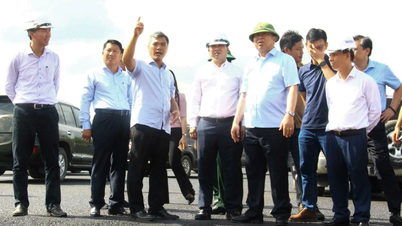

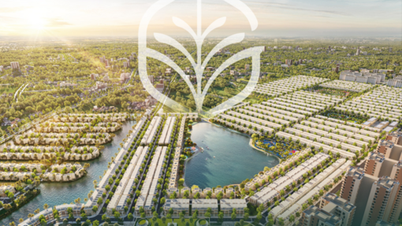

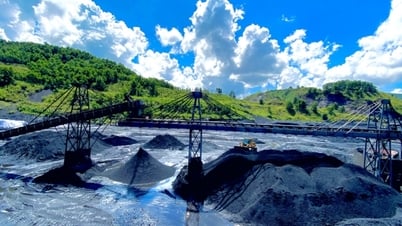

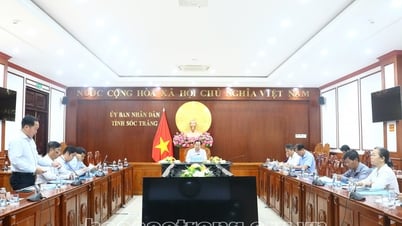



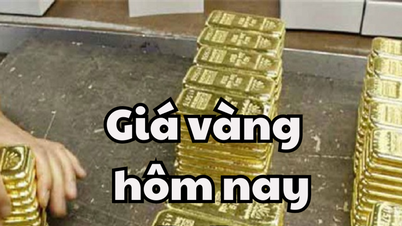





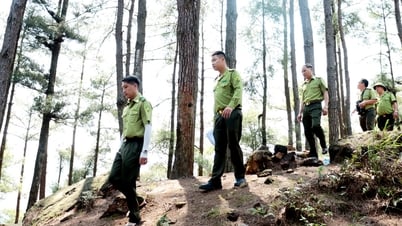

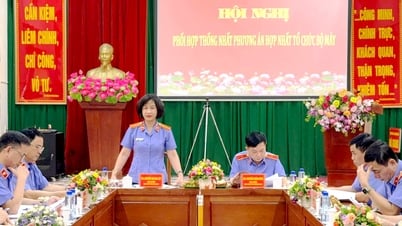
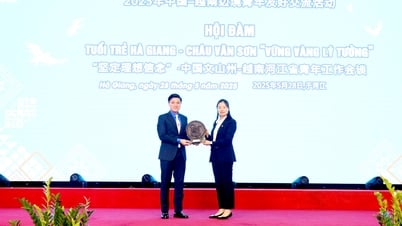
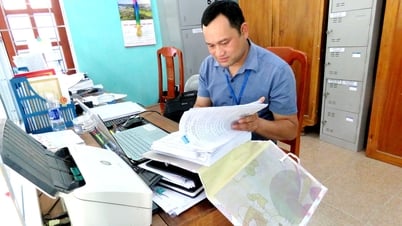
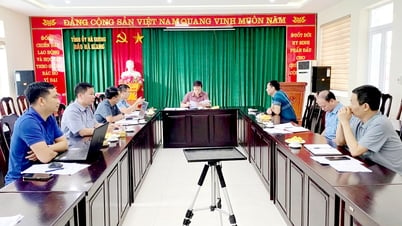
![[Photo] Prime Minister Pham Minh Chinh receives leaders of Excelerate Energy Group](https://vphoto.vietnam.vn/thumb/1200x675/vietnam/resource/IMAGE/2025/5/29/c1fbe073230443d0a5aae0bc264d07fe)






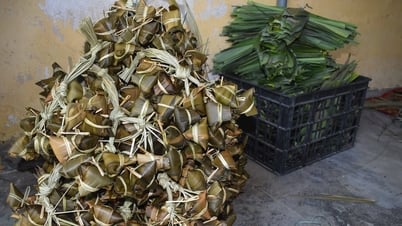













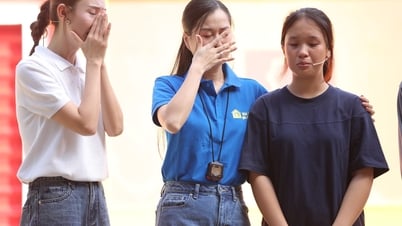

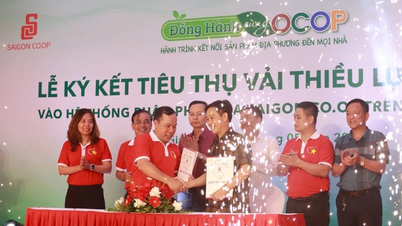






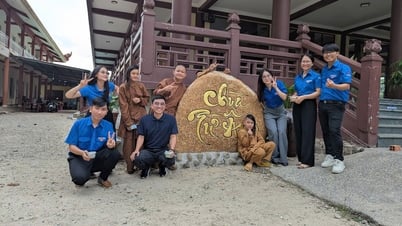






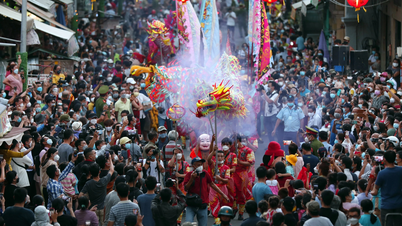





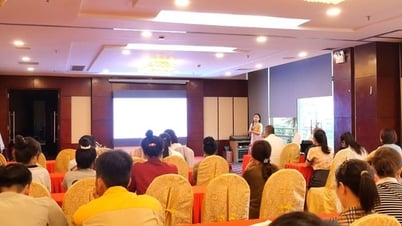

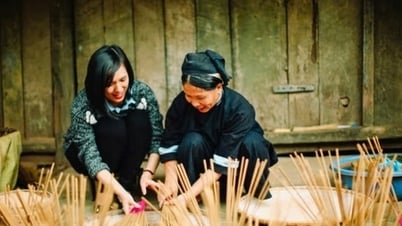
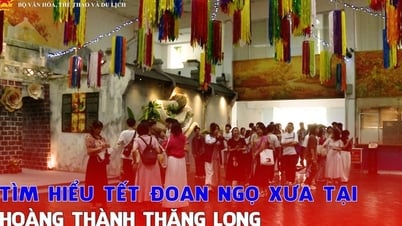
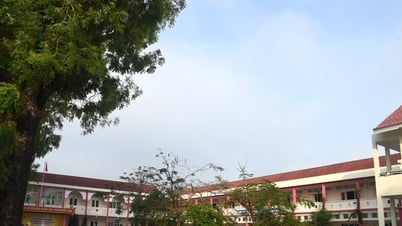
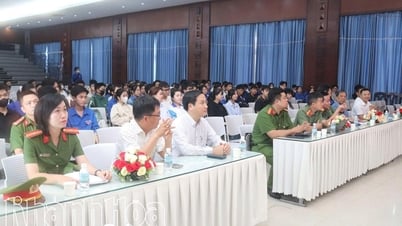

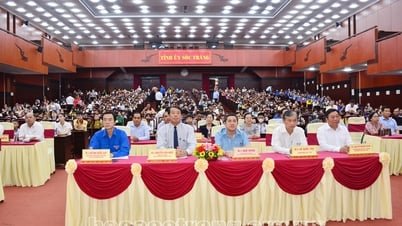
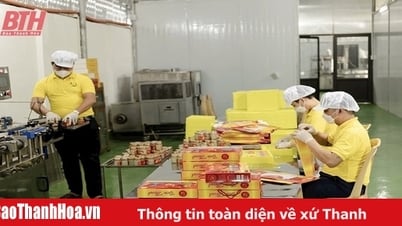

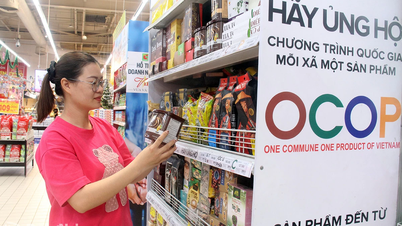
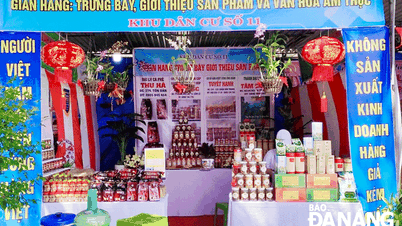

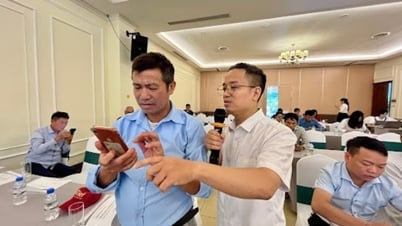
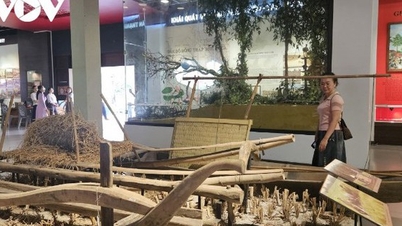

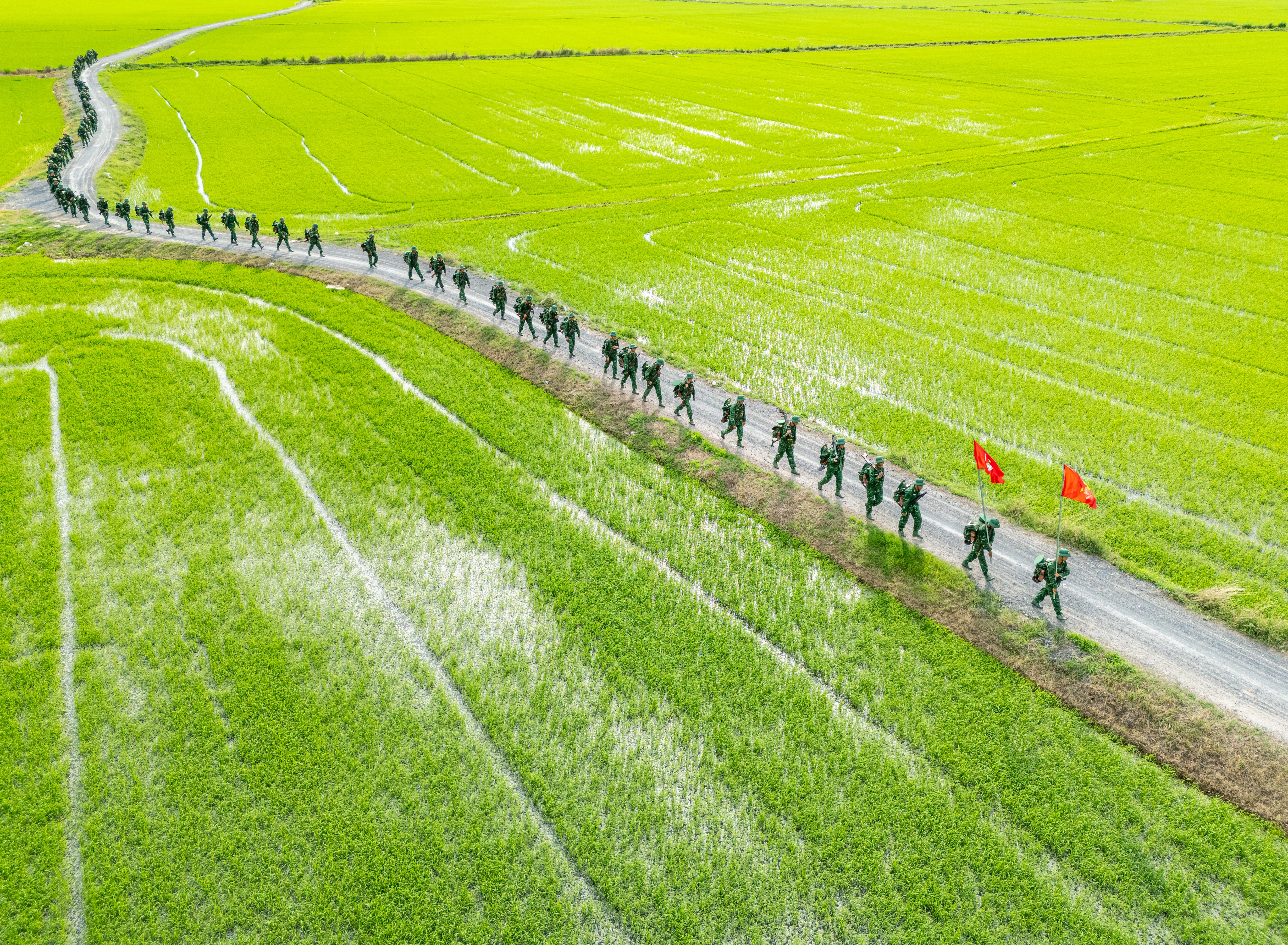



Comment (0)